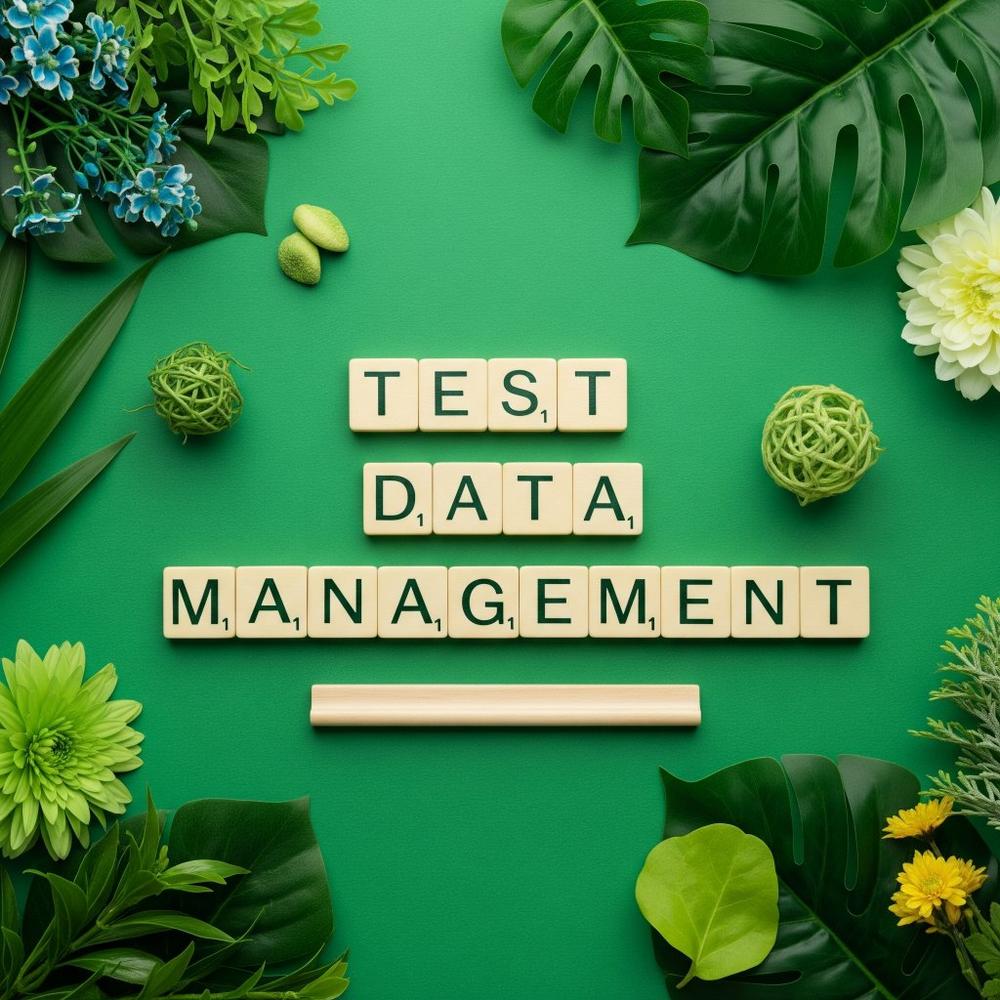Test Data Management Meets Sustainability

Breaking News:
Kathmandu Nepal
Samstag, Feb. 7, 2026

The sustainability dimensions in software testing include:
Common Challenges:
Best Practices for Sustainable Test Data Management
Smart Generation of Test Data
Efficient Usage of Storage
Automation and Tools
This is how automated TDM solutions can enable better utilization of resources. Test data generation and management tools can optimize processes, reduce manual effort, and ensure consistency of data. For example, AI-powered solutions can predict data needs and adjust storage allocation dynamically for even higher efficiency.
Regulatory and Ethical Considerations
TDM practices should be aligned with regulatory and ethical requirements. Data privacy laws like GDPR and HIPAA have put immense pressure on handling sensitive information with care. Integrating compliance into the workflow of TDM will prevent penalties while fostering sustainability.
GDPR (General Data Protection Regulation): A regulation enforced in the European Union that governs data privacy and security. It mandates strict guidelines on collecting, storing, and processing personal data, ensuring that organizations maintain transparency and accountability. Under GDPR, individuals have rights over their data, including the right to access, rectify, and erase their personal information.[5]
HIPAA (Health Insurance Portability and Accountability Act): An U.S. law that establishes national standards for protecting sensitive patient health information. HIPAA ensures that healthcare providers, insurers, and business associates maintain the confidentiality and security of medical data. It requires safeguards for electronic health records and imposes strict penalties for breaches.[6]
In addition, test data creation and usage should be based on ethical principles such as fairness, transparency, and accountability. Organizations should avoid letting synthetic data introduce bias or inaccuracies that may affect the performance of the software.
Sustainability Data Strategy: Key Insights
A well-defined sustainability data strategy involves 3:
Organizations must also master challenges in ESG data reporting, standardization, and regulatory compliance to enhance sustainability initiatives.
ESG (Environmental, Social, and Governance) refers to a set of criteria used by organizations, investors, and regulators to assess a company‘s commitment to sustainability and ethical business practices. ESG data plays a crucial role in sustainability reporting and decision-making. Companies are expected to disclose their environmental impact, social responsibility efforts, and governance practices. However, challenges such as data standardization, regulatory compliance, and audit readiness make ESG reporting complex. A robust sustainability data strategy ensures accurate, transparent, and audit-ready ESG reporting, helping organizations align their sustainability initiatives with business goals.[7]
Sustainable Software Testing in Practice
Software testing has a significant impact on sustainability, with long-term benefits often overlooked[2]. The key aspects of sustainable software testing include:
Benefits of Sustainable TDM
The advantages of a sustainable approach to TDM include the following:
The Future of Test Data Management in a Greener IT Landscape
Emerging trends such as green computing and carbon-neutral cloud services are reshaping the IT industry. Companies are increasingly adopting environmentally friendly technologies and practices, including renewable energy-powered data centers and energy-efficient storage solutions.
AI and machine learning developments really drive innovation in the field of TDM. These technologies enable predictive analytics, real-time optimization, and adaptive resource allocation, adding to sustainability. For example, AI can find patterns in test data usage and suggest optimizations that reduce waste. However, it is important to acknowledge that these technologies, particularly in their training and operation, can also be a source of significant energy consumption.
Conclusion
Test data management and sustainability go hand in hand. Optimizing TDM processes enables companies to save resources and, at the same time, make their contribution to environmental protection. This is the ideal moment to adopt more sustainable solutions and take a new look at your current procedures. Seize this opportunity to implement efficient generation and management strategies for test data now—for a greener future in IT.
Sustainable TDM practices will bring balance to the needs of an organization between sustainability and environmental responsibility. It all begins with a few simple, achievable actions that add up to a significant impact. We should together build up the path towards sustainability for the IT industry and beyond.
Quellen:
[1] Dror Etzion and J. Alberto Aragon-Correa, „Big Data, Management, and Sustainability: Strategic Opportunities Ahead,“ May 10, 2016, Volume 29, Issue 2.
[2] Beer, A., Felderer, M., Lorey, T., & Mohacsi, S. (2021). „Sustainability in the Test Process.“ 1st International Workshop on the Body of Knowledge for Software Sustainability (BoKSS), IEEE ICSE Conference.
[3] Clusters Media Technology. (2022). „Sustainability Data Strategy: Top Key Components for a Positive Impact.“
[4] Jim Soos, Planckton Data Technologies. (2023). „Sustainability Data Management.“
[5] Official text of the General Data Protection Regulation (GDPR): https://gdpr-info.eu/
[6] More information about the Health Insurance Portability and Accountability Act (HIPAA): https://www.hhs.gov/…
[7] Learn more about Environmental, Social, and Governance (ESG): https://www.investopedia.com/…
SEQIS ist der führende österreichische Anbieter in den Spezialbereichen IT Analyse, Development, Softwaretest und Projektmanagement. Beratung, Verstärkung und Ausbildung: Ihr Partner für hochwertige IT-Qualitätssicherung. Weitere Informationen zum Unternehmen finden Sie unter www.SEQIS.com.
SEQIS GmbH
Wienerbergstraße 3-5
A1100 Wien
Telefon: +436648378719
Telefax: +43 (2236) 320320350
https://www.SEQIS.com
![]()